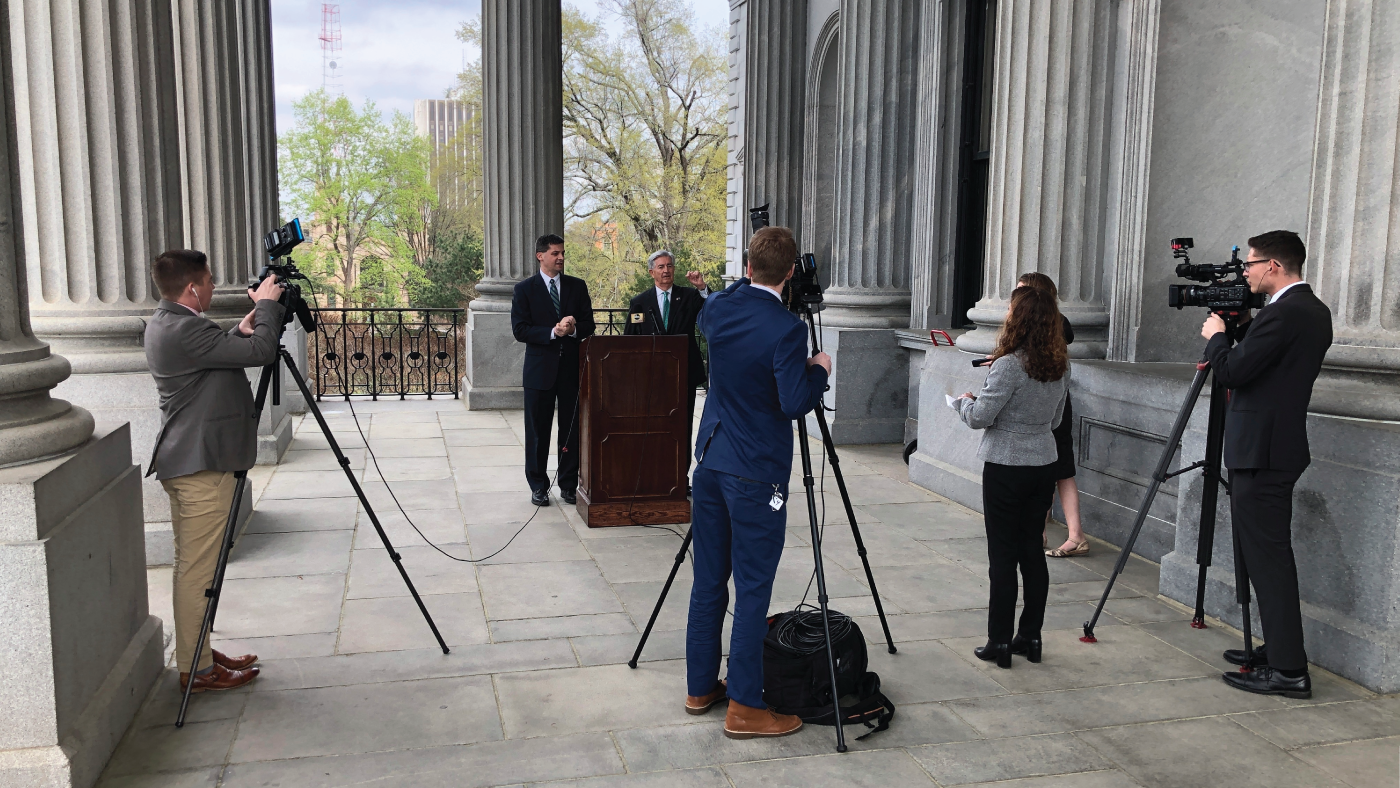presentation | Aug 12, 2010
This talk highlights how today’s changing information ecology, specifically the increasing use of social media and mobile technologies, has altered the way consumers access and interact with news and information.
report | Aug 11, 2010
Summary of Findings In the days following BP’s latest—and apparently successful—effort to seal the oil well in the Gulf of Mexico, public perceptions of news about the spill have become somewhat more positive. Only a quarter of Americans (25%) say they are hearing mostly good news about the oil spill, but that is more than […]
report | Aug 9, 2010
Two familiar stories—an economy slow to recover and an oil leak slow to be stopped—generated the most press attention last week. But there was plenty of politics as well including two hot button issues—same-sex marriage and illegal immigration—and the mid-term elections. And after one week of big headlines, Afghanistan coverage plunged.
report | Aug 5, 2010
The publication of information gleaned from Facebook profiles of millions of users was the top subject on Twitter last week. And a ruling that it’s okay to hack into the iPhone for new applications gained attention on both blogs and Twitter. On YouTube, slang-speaking teens have provoked millions of clicks for two weeks running.
report | Aug 5, 2010
A University of Georgia survey of recent journalism and mass communication graduates finds toughest job market in the 24-year history of the study. Minority graduates have had an especially difficult time finding work. In regards to being prepared for communications work, graduates give their schools mixed grades.
report | Aug 4, 2010
The University of Georgia’s yearly survey of journalism and communication graduates is out and the news isn’t good. The job market has tightened, salaries are stagnant and benefits are being cut. On the brighter side, more of the 2009 grads with jobs are doing web-related work and by and large, the students remain satisfied with their career choice.
report | Aug 3, 2010
Summary of Findings The disclosure of more than 75,000 classified documents about the war in Afghanistan by the website WikiLeaks garnered significant media coverage last week, and those familiar with the story were split over the effect of the leak: about equal percentages say the release harms the public interest as say it serves the […]
report | Aug 3, 2010
The leak of some 90,000 classified war reports triggered a renewed debate over war strategy in Afghanistan. With court action in Arizona, the immigration debate dominated cable news.
report | Aug 2, 2010
Coverage of the conflict in Afghanistan got a big boost last week after the WikiLeaks organization unearthed classified reports casting doubts on the prospects for U.S. success there. But in a balanced news week, a key ruling in the Arizona immigration battle, the departure of an embattled BP CEO and a sluggish economy shared the media’s attention.
report | Jul 29, 2010
As the media landscape shifts, where can people turn for coverage of local news subjects, particularly government and public affairs? A new study conducted by a team of Michigan State University researchers, examines 175 communities and finds the majority of news about local government still comes from newspapers. But in many cases it is weeklies not dailies providing the most coverage. PEJ offers a summary of their findings.










